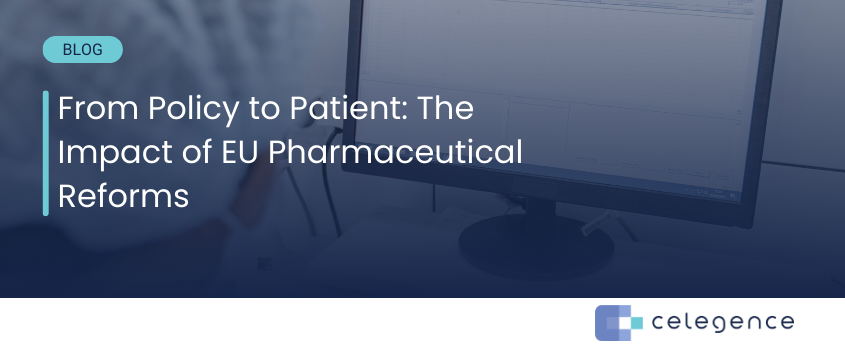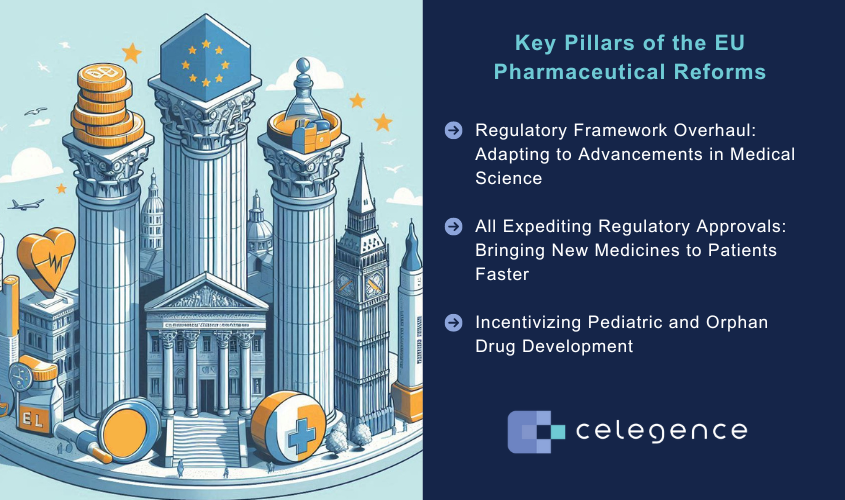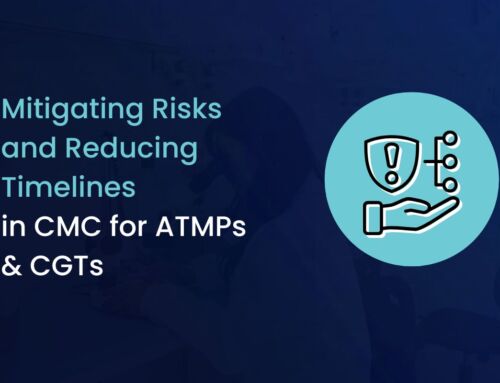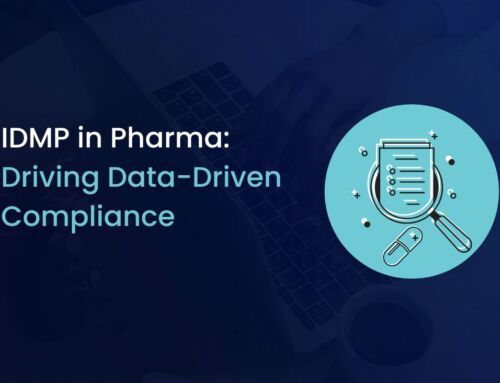
From Policy to Patient: The Impact of EU Pharmaceutical Reforms
In a recent webinar titled “EU Pharmaceutical Reform – Unveiling Draft Legislation Impacts,” Regulatory Affairs Expert, Marloes van der Geer walked the audience through a highly informative and insightful session. She explored the comprehensive reform of the EU pharmaceutical legislation, prompted by the release of the Pharmaceutical Strategy for Europe
Access the full webinar: Impact of the EU Pharmaceutical Reforms Legislation Webinar
Understand the EU Pharmaceutical Legislation Reform
The landscape of the European pharmaceutical industry is on the brink of significant transformation. Triggered by a comprehensive review of existing legislations and propelled by the ambitious Pharmaceutical Strategy for Europe, the upcoming reform aims to modernize, streamline, and make the EU’s pharmaceutical sector more responsive to current and future challenges. This blog post delves into the essence of these reforms, unraveling the changes and their impact on various stakeholders.
Background and Rationale for EU Pharmaceutical Reform
The journey towards reforming EU pharmaceutical legislation stems from a realization: the laws governing the sector, last revised significantly two decades ago no longer align with the rapid advancements in medicine and technology. Coupled with this, the COVID-19 pandemic exposed vulnerabilities in supply chains and the urgent need for agility in response to health emergencies.
The Pharmaceutical Strategy for Europe: Laying the Foundation for Reform
IDMP’s primary goal is to standardize the description of medicinal products globally. This isn’t just a regulatory requirement—it’s a strategic move to enhance drug safety, quality, and efficacy through superior IDMP data management. For the industry, this means more streamlined operations, fewer errors, and improved transparency, which are essential in a field where precision is paramount.
Key Pillars of the EU Pharmaceutical Reform

Regulatory Framework Overhaul: Adapting to Advancements in Medical Science
The proposed legislation introduces a new directive and regulation, aiming for an inclusive approach that considers advancements in medical science, such as gene therapy and personalized medicine. This holistic revamp is designed to ensure that laws keep pace with innovation.
All Expediting Regulatory Approvals: Bringing New Medicines to Patients Faster
One of the most anticipated aspects of the Pharmaceutical Legislation for Europe are the changes in regulatory data protection. This most debated topic of the EU pharma reform aims at establishing the optimal balance between incentives for innovation and time to access for biosimilars and generics.
Another area of change relates to the marketing authorization procedures. These changes are expected to expedite the process of bringing new medicines to the market, ensuring that breakthrough treatments reach patients faster and more efficiently than ever before. Additionally, the reform aims to reduce the administrative burden and compliance costs for the industry, making it easier for companies to navigate the approval process.
Incentivizing Pediatric and Orphan Drug Development
The EU pharmaceutical reform pays special attention to pediatric and orphan drug legislation, recognizing the unique challenges in developing treatments for rare diseases and younger patients. By offering incentives and streamlined processes, the EU aims to encourage research and development in these critical areas, addressing unmet medical needs and improving access to treatments.
Addressing Modern Challenges
Securing the Pharmaceutical Supply Chain: Ensuring Uninterrupted Access
The pandemic underscored the critical importance of a robust and resilient supply chain. The new legislation introduces measures for transparency, risk mitigation, and shortage prevention plans, ensuring that the supply of essential medicines remains uninterrupted even in crises.
Securing the Pharmaceutical Supply Chain: Ensuring Uninterrupted Access
With an eye on the future, the Pharmaceutical Legislation incorporates stringent requirements for environmental sustainability, making it one of the first to link pharmaceutical manufacturing and product approval to environmental impact assessments. Additionally, it introduces comprehensive strategies to combat antimicrobial resistance, balancing the need for new antibiotics with the imperative to prevent the spread of resistant pathogens.
The Path Forward
The Legislative Journey: Understanding the EU’s Regulatory Framework
Currently, the proposed pharmaceutical reforms are navigating the complex legislative process of the EU. While the exact timeline for their implementation remains fluid, the direction is clear: toward a more adaptable, responsive, and patient-centered pharmaceutical sector.
Preparing Stakeholders for the Impact: Engagement and Adaptation
Stakeholders across the board, from pharmaceutical companies to healthcare providers and patients, need to engage proactively with pharmaceutical legislation. Impact assessments, staying abreast of legislative developments, and participating in consultations will be key to navigating the changes successfully.
Embracing the Future: Opportunities for a Patient-Centric Pharmaceutical Sector
The reform of the EU pharmaceutical legislation is not just a regulatory update; it is a call to action for all involved in the health and wellness of European citizens. It presents an opportunity to shape a pharmaceutical sector that is innovative, sustainable, and above all, centered on the needs of patients.
Conclusion
As we stand on the threshold of these changes set forth by the EU pharmaceutical legislation reform, stakeholders must understand, adapt, and contribute to the shaping of the future pharmaceutical landscape in Europe. This is not merely a regulatory update but a pivotal transformation that will shape the future of healthcare in Europe. The comprehensive nature of the reform – from enhancing regulatory processes to addressing the entire lifecycle of medicinal products – promises to make the European pharmaceutical market more agile, innovative, and patient-centric than ever before.
The success of these changes will not be measured by the swiftness of their implementation alone but by how effectively they enhance patient access to safe and effective treatments while fostering an environment that encourages pharmaceutical innovation. As stakeholders across the industry, from regulatory experts to healthcare providers, it is incumbent upon us to engage with these changes proactively, ensuring that we not only comply with new regulations but also embrace the opportunities they create to improve patient outcomes.
The journey ahead is complex and filled with challenges, but it also holds the promise of significant rewards for public health and the pharmaceutical industry. By coming together to share knowledge, adapt strategies, and implement best practices, we can ensure that the EU’s vision of a more robust, responsive, and resilient pharmaceutical sector becomes a reality.
Want to know more about the changes in the EU pharmaceutical reforms? Watch our regulatory intelligence experts share insights from the “Impacts of EU Pharmaceutical Reform Legislation”. Or ask us for an assessment of the key amendments to the European Commission proposal, made by the Parliament on April 10th 2024.
Need pharmaceutical regulatory support?
Celegence, led by Sonia Veluchamy provides cutting-edge consulting services and technology-driven solutions that are tailored to the evolving operational and strategic needs of manufacturers. Our suite of pharmaceutical services allows you to focus on core activities while we work as an extended part of your regulatory team to ensure compliance and efficiency. Besides the services we provide, our advanced cloud-based dossier management solution, Dossplorer™ eliminates manual steps in the exchange of regulatory dossiers and allows you to share, view and review eCTD, NeeS and other dossier formats from any region and access them in any location!
Contact us at info@celegence.com to discuss any regulatory concerns you might have and learn how our team of regulatory affairs consultants can help ensure successful regulatory outcomes for your product.


